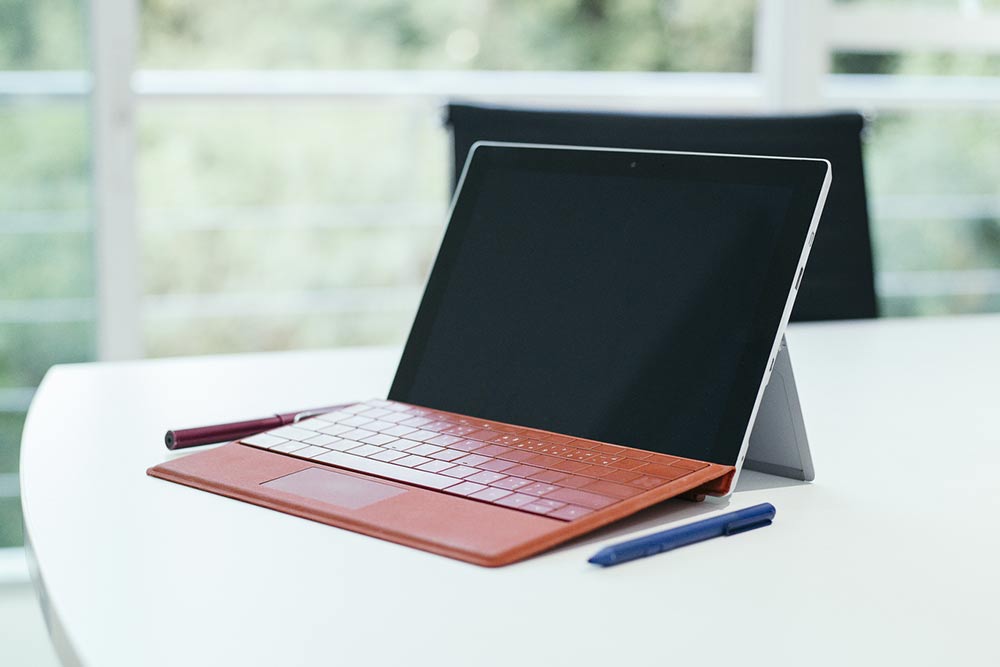7 mistakes to avoid while buying a laptop

Laptops are compact enough to be portable yet adequately capable of running various applications. Whether users want to browse the Internet, type up a research paper, stream their favorite movies, edit videos, or play video games, the right laptop can make these tasks quite easy. Today, with too many options available, choosing the most suitable one can take some careful consideration. In the process, it is also important to avoid certain common mistakes.
1. Prioritizing low price
There are several budget laptops available today. However, the price alone cannot be the deciding factor when shopping for laptops. Incredibly cheap options may also not have the features that one would need over time as their requirements evolve. For instance, dual-core laptops will be cheaper than laptops with quad-core processors. If one wants to buy a laptop that is excellent at multitasking, then a quad-core processor would be the better choice. If one would focus only on the price, they would bring home a laptop that may be unable to run multiple applications simultaneously. So, while one would save money on the purchase, they would end up with an unsatisfactory device.
2. Overspending
Buying the most expensive laptop is just as big a mistake as going for the cheapest laptop. An extremely high-end laptop might have features, designs, or add-ons that a regular user may not require. So, if one chooses such a gadget, they might be paying for features and hardware that they do not need. For instance, gaming laptops are known to be very expensive primarily because of their fast processors, high-definition graphics, and lots of storage. But for someone who only uses laptops for light everyday tasks like looking up things and writing, buying such an expensive laptop would be a waste of money. This is because they will not be able to completely utilize the features they purchased .
3. Not considering future needs
Unless one is solely interested in new technology as soon as it is launched, a new laptop should generally work well for a few years. As the device is supposed to last this long, it is recommended to avoid buying a laptop based solely on current needs. One should also consider the future requirements. Here, they should check aspects such as storage, processor speeds, and compatibility with the updates in software and operation systems that will become available in the next few years.
4. Ignoring port compatibility
Not every laptop will have all the ports that one requires. Certain new laptops will only accommodate the latest USB ports. Many may no longer have memory card readers. So, if one requires an older version of the USB port and a memory card reader, these laptops would not meet this need. So, one must ensure that they check the ports before buying a laptop. If no suitable laptop seems to have these ports, one must account for purchasing a compatible adapter.
5. Choosing the highest resolution
A laptop with a 4K display can enhance user experience. But if the device’s screen is small, it is not possible to enjoy the complete benefits of such high resolution . Besides, a 4K screen can drain battery life quite quickly. Laptops that are not fully able to accommodate such high resolutions also do not last long . So, unless one is buying a laptop with a larger screen or a high-end gaming laptop, opting for a laptop with a higher resolution would be a mistake.
6. Overlooking the size of the laptop
A laptop with a bigger display offers a better viewing experience. That said, such a device may not be portable. Conversely, a small laptop can be easily carried around, but its keyboard and trackpad might seem too cramped . So, one should opt for a size that works for them . The right way to determine the correct laptop size is to determine the intended use and key requirements. For instance, those who intend to travel frequently with their laptops will benefit from small ultrabooks. On the other hand, for those who do not need to carry their laptops everywhere, 15-inch models can be quite convenient. Similarly , if one is looking for a standard laptop , anything between 13 and 14 inches should work well.
7. Not comparing multiple models
Often, it is a mistake to stick to a brand or model without exploring all available options while shopping. By looking at different options and comparing their specifications, prices, and features, it is easier to find a laptop that will meet one’s needs. Additionally, a thorough comparison will help one avoid overspending on a laptop.


